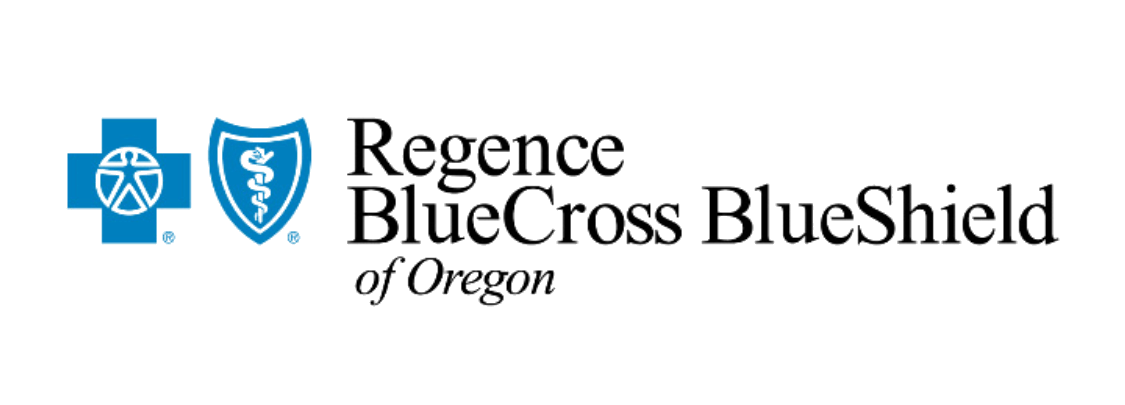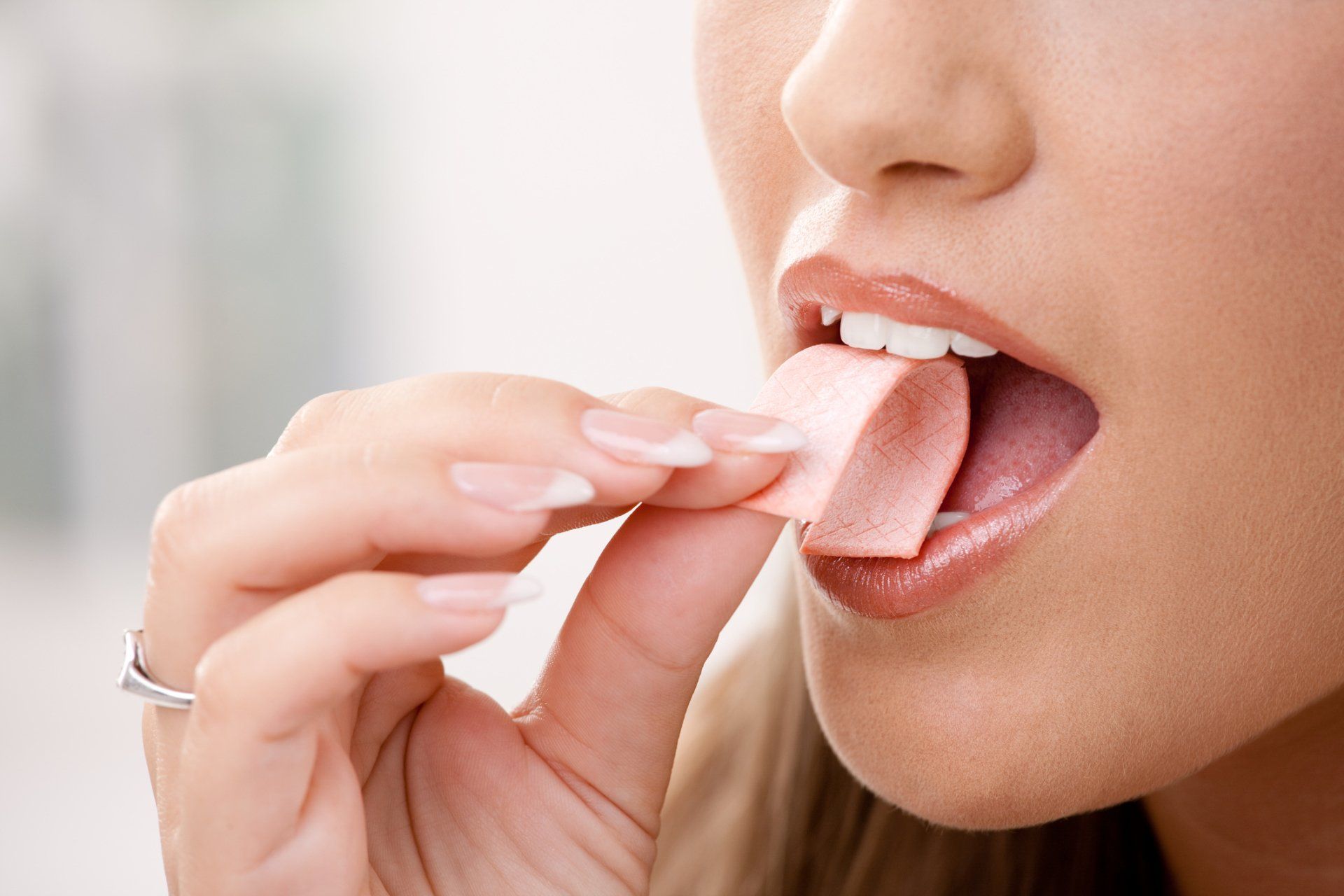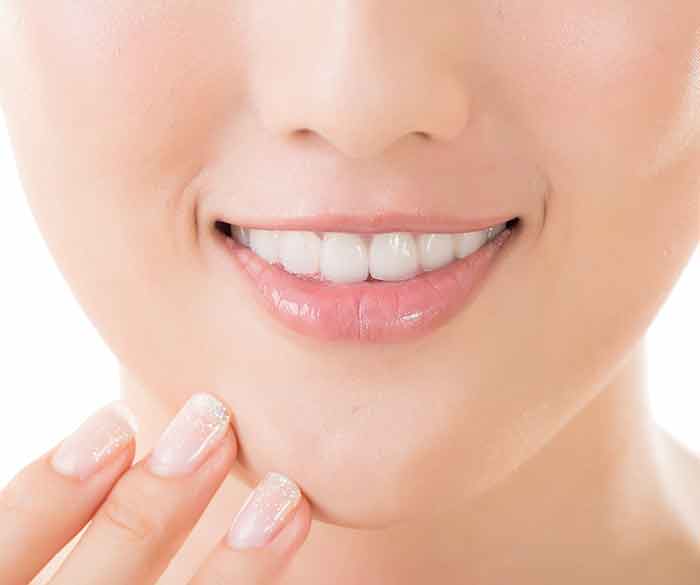3 THINGS ATHLETES SHOULD KNOW ABOUT MOUTH GUARDS
- By Admin
- •
- 08 Feb, 2018
- •
f you're an athlete, or if you're the parent of a student athlete, you're probably familiar with safety equipment. Helmets, pads, protective eyewear, and special shoes are some of the types of safety equipment that athletes often use. Unfortunately, one piece of safety equipment doesn't always get the attention that it needs – the mouth guard.
Mouth guards help protect the athlete's teeth and oral tissues from damage and are recommended for a wide variety of different sports. If you're an athlete or the parent of a young athlete, understand what types of athletes need mouth guards and how to take care of them.
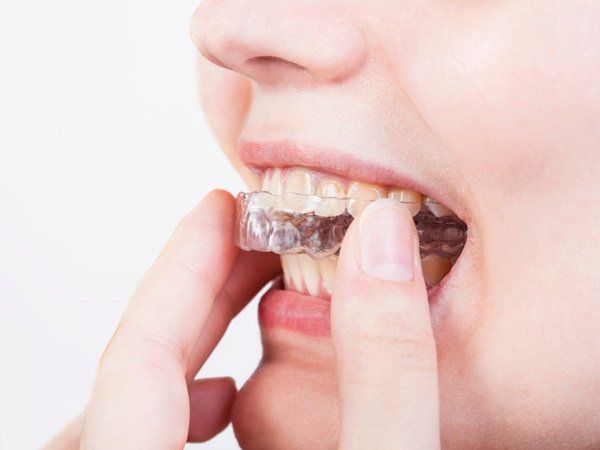
1. Which Athletes Need Mouth Guards
You might think of mouth guards as only being necessary for full contact sports, like football, or sports where the risk of being hit with a flying projectile is high, like baseball. But the American Dental Association also recommends wearing a mouth guard when participating in sports like skiing, bicycling, and field events where there's a risk of falling that could cause damage to the teeth and mouth.
You should also wear a mouth guard when participating in martial arts, boxing, or wrestling. Even water polo and acrobatics are on the list of sports where participants should use mouth guards.
Remember that between 13 and 39 percent of dental injuries are sports-related. However, only a few sports, like football, have uniform rules about their players wearing mouth guards. Athletes who participate in a sport that poses a risk of mouth injury should always use a mouth guard even if they're not required to.
2. How to Care for Mouth Guards
While a mouth guard might protect your teeth and gums from injury, your mouth guard can also make you sick if you don't take keep it clean. You naturally carry a lot of different types of bacteria in your mouth. If you're not careful, these bacteria can build up and breed on your mouth guard, turning it into a germy health risk.
The most important thing you can do to keep your mouth guard clean and germ-free is to keep your mouth clean. Brush your teeth and rinse out your mouth both before and after you put in your mouth guard. This will help keep bacteria from building up on your mouth guard and remove any stray germs from your mouth after you remove the mouth guard.
Don’t forget to clean the mouth guard itself. Use warm water and a gentle, non-toxic soap. Store the guard in a clean container that has air vents to allow the guard to dry properly.
3. When to Replace Mouth Guards
In order to ensure that your mouth is as well-protected as possible, you should replace the mouth guard regularly. However, sometimes you may not be able to tell when a mouth guard needs to be replaced.
If your mouth guard is frayed or deformed from chewing, it needs to be replaced. You can increase the lifespan of your mouth guard by avoiding chewing on it. If you have difficulty stopping yourself from chewing, your mouth guard may not fit properly. In this case, ask your dentist to make a custom mouth guard made to fit your mouth. This may be more expensive than an off-the-rack mouth guard, but it will also provide much better protection and last longer.
Other signs that your mouth guard needs to be replaced include cracks, tears, and failure to cover the surfaces of your teeth. You should also replace the mouth guard after six months of daily use or when the warranty for the guard expires. Children whose mouths are still growing and changing rapidly may need more frequent replacements.
If you're an athlete, protecting your teeth and oral tissues should be a high priority. Talk to your dentist about mouth guards and other steps you can take to prevent dental injuries.
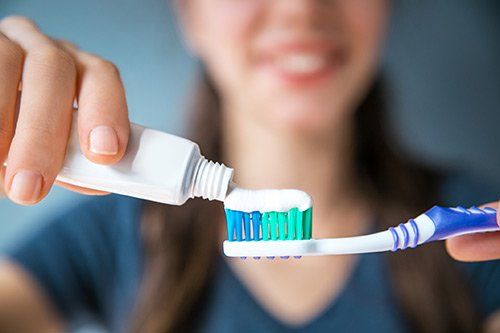
Preventative dental care is arguably the most important care you can receive from your dentist because prevention will help you maintain optimal care for your lifetime. Preventative care includes services like fluoride treatment, x-rays, sealants, and dental prophylaxis.
While in-office visits every six months are important, preventative dentistry doesn't stop there. Your at-home efforts make a big difference. Here are three ways to improve your at-home dental care.
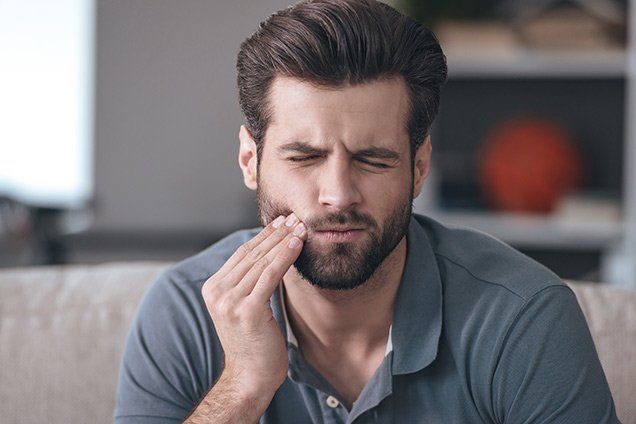
You've probably heard your dentist talk about "dental emergencies" in the past. A dental emergency involves a condition that needs to be treated by a dentist as soon as possible, hopefully within the hour. A knocked-out tooth or mysterious bleeding after a dental procedure are both examples of dental emergencies. Random pain in the jaw or tooth can also be a dental emergency, depending on the characteristics of that pain.
You should know the different kinds of dental pain so you can know when to call a dentist in an emergency. These tips can help you understand what types of pain are most indicative of a dental emergency.
You should know the different kinds of dental pain so you can know when to call a dentist in an emergency. These tips can help you understand what types of pain are most indicative of a dental emergency.

With the summer season right around the corner, many families have plans for days of fun, including swimming lessons, pool time, and various water sports. Tooth injuries and damage are unfortunately common in swimming accidents. With some preventative care and precautions, however, you can reduce the risk of harm to your smile.
Here are some simple things to keep in mind for oral health
and safety this summer as you swim with your family.

Some of the foods you love the most, even the healthy ones, can cause damage to your teeth by eroding tooth enamel. Tooth enamel is the hard outer layer of your teeth, and its sole design is to protect your teeth against cavities and bacteria. It's considered tougher than bone and is the hardest part of the human body.
Unfortunately, tooth enamel can be worn down by everyday foods and beverages, especially acidic or sugary substances. Here is a small list of consumables that can damage your tooth enamel and ways you can still eat or drink them safely as part of your regular diet.
Unfortunately, tooth enamel can be worn down by everyday foods and beverages, especially acidic or sugary substances. Here is a small list of consumables that can damage your tooth enamel and ways you can still eat or drink them safely as part of your regular diet.
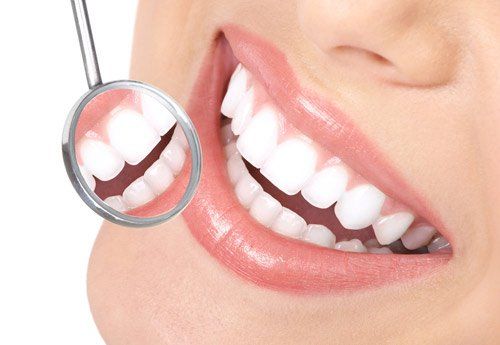
When you picture your ideal smile, you may primarily focus on your teeth. While teeth are certainly the first aspect of a smile you see, a healthy smile also requires strong gum tissue. Keeping your gums healthy
is an important part of preserving your smile.
In this blog, we guide you through several of the most important concepts related to gum tissue health, including what you can do if you don't currently have strong enough gums to support your dream smile.
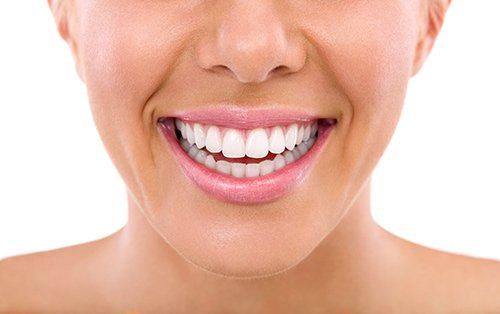
If you experience sensitivity in your teeth whenever you eat something cold, hot, or sweet, you may wonder why you have this problem and what can you do to stop it. Your sensitive teeth may be a result of enamel erosion.
Enamel erosion occurs when the surfaces of your teeth (enamel) wear down from a loss of calcium and other valuable minerals. A number of things can erode your enamel, including sweet and acidic foods and beverages.
Although you can't reverse enamel erosion once it occurs, you can take steps to reduce or stop its damaging effects on your teeth.


